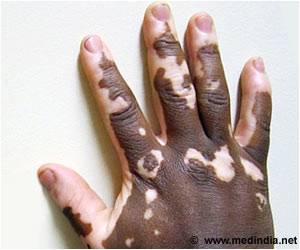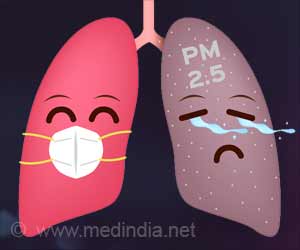
‘Skin cells suffer from shrinkage and therefore change their surface during a season. The clinical message in this, is for people to protect their skin with emollients in the winter and sunscreen in the summer.’




"This study shows clearly that the skin barrier is affected by climatic and seasonal changes. Both children and adults suffer from red cheeks in the winter in northern latitudes, and some may even develop more permanent skin conditions such as eczema and rosacea," said senior author Dr. Jacob Thyssen, of the University of Copenhagen, in Denmark. "By the use of high magnification, we show that the skin cells suffer from shrinkage and therefore change their surface. The clinical message to individuals are that they should protect their skin with emollients in the winter and sunscreen in the summer.
Nina Goad of the British Association of Dermatologists said: "We already know that humidity can affect the texture of the skin and impact on skin disorders like eczema, and humidity fluctuates according to a season. In the winter, rapidly changing temperatures, from heated indoors to the cold outdoors environments, can affect the capillaries, and prolonged exposure to wet weather can strip the skin’s barrier function. This latest study is interesting as it sheds new light on further reasons for seasonal skin changes, at a cellular level. Given that skin problems are the most common reason for people to visit their doctor, any research that improves our understanding of skin disorders and how best to manage them is always a positive step."
Source-Eurekalert















